We rarely sit down to write for no specific purpose. Knowing who we are writing for and why, enables us, as authors, to make specific choices about the structure and language we use, improving the quality of our writing.
Te Mihi decided to take this purpose driven approach to writing with the Year 4-6 students.
Focused around the ‘A River Runs Through It’ inquiry, students have had choices around what they write and who it is for.
The students looked at and studied three different structures to suit three different purposes across a short period of time -
- Write to entertain - narrative writing
- Write to explain - explanation writing
- Write to communicate - writing emails and letters
Students read examples of the text types. They wrote examples with the teacher and in groups. Every aspect of their learning time was immersing them in the structures and the language typical of each of those genres.
In my classroom I found that by looking in depth at each text type and their purpose, students felt confident in what they were writing. Particularly for the boys, instead of the usual "ugh, writing", they looked forward to literacy time, and having a chance to share their work with others.
I wrote a letter to Mrs Graham about having a trip to the Waikato River because we were learning about the river and I would love to visit there and learn more about it Izak
My narrative was about a guy in the war floating down the river. His radio cut out and he floated down to the ocean and swam to the beach to solve the problem.
I wrote a narrative because I could include a helicopter in my story - the problem was that the engine failed and it crashed.
One key aspect of learning that the teachers identified was that the more students learnt about the local rivers and waterways their interest and direction in writing changed and developed.
We used our Chromebooks for each of the different types. The teacher taught us what to include for each of the different types.
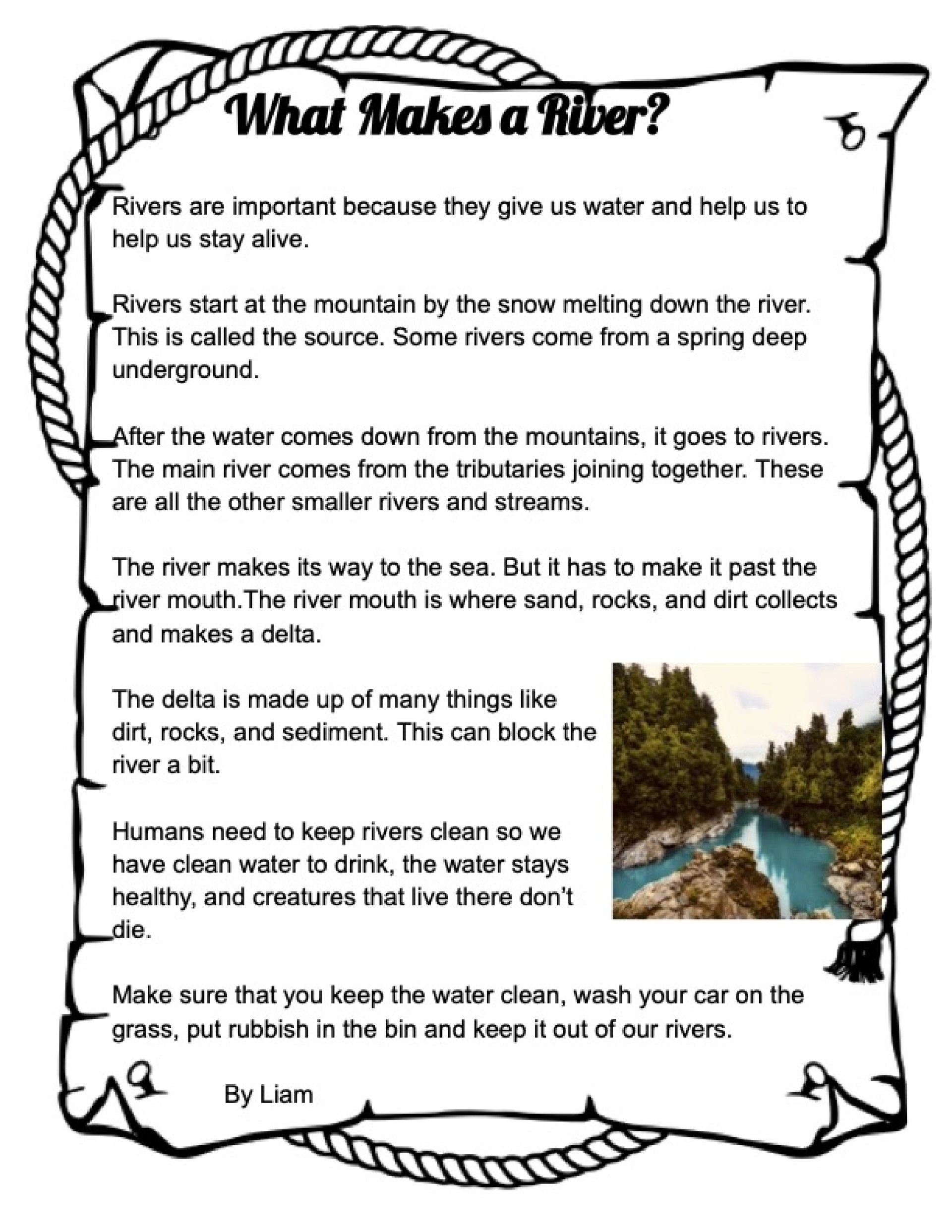
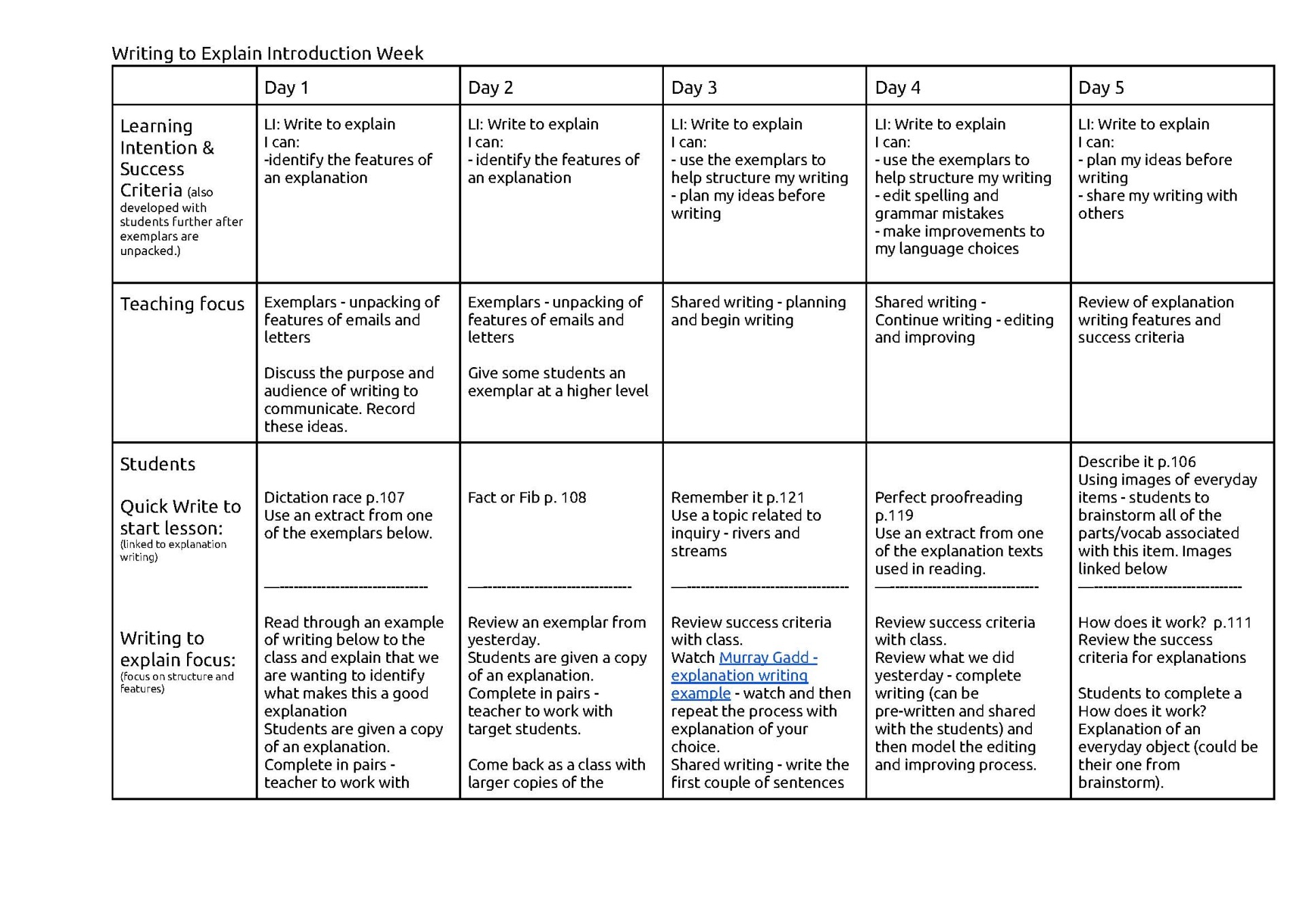
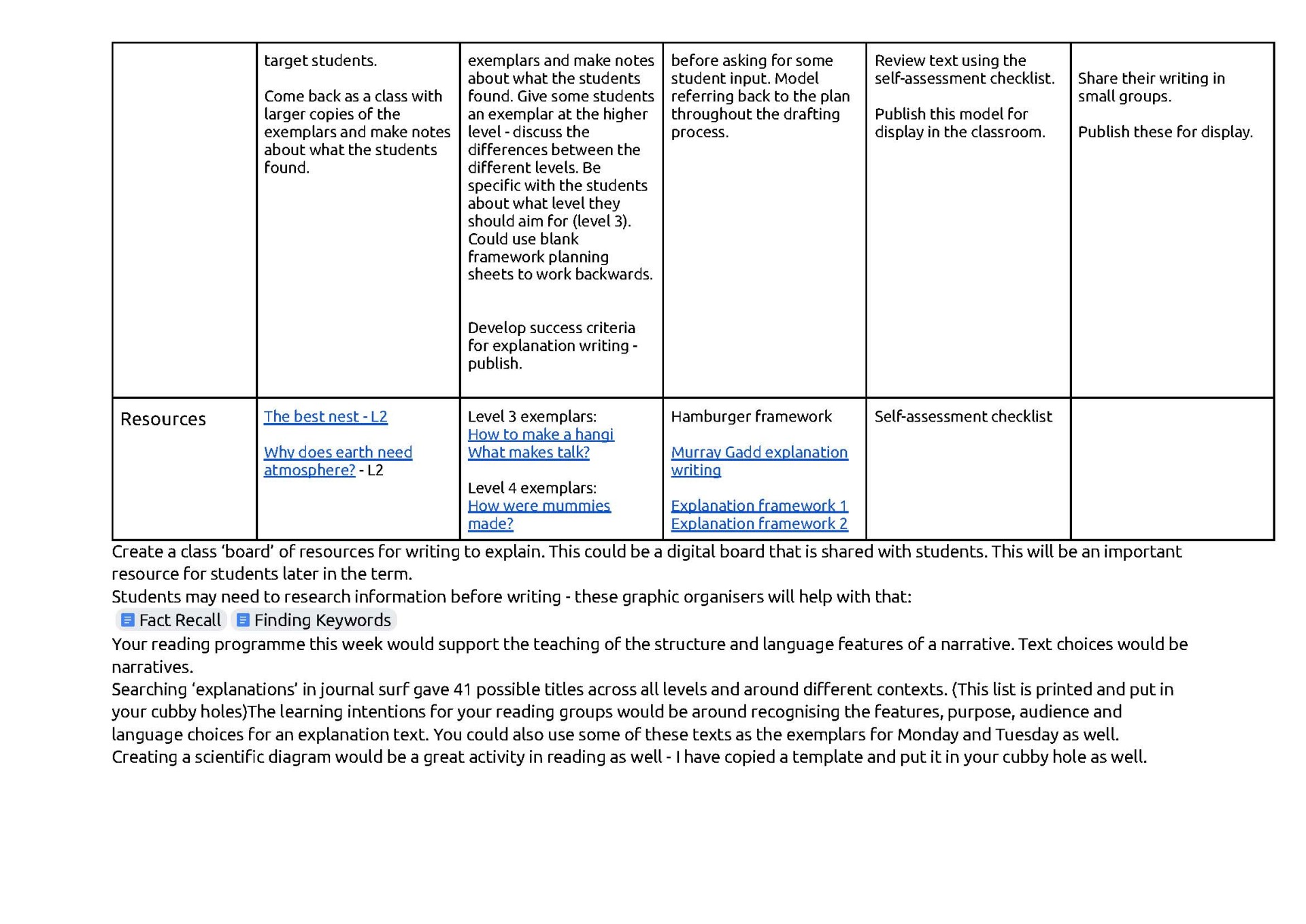
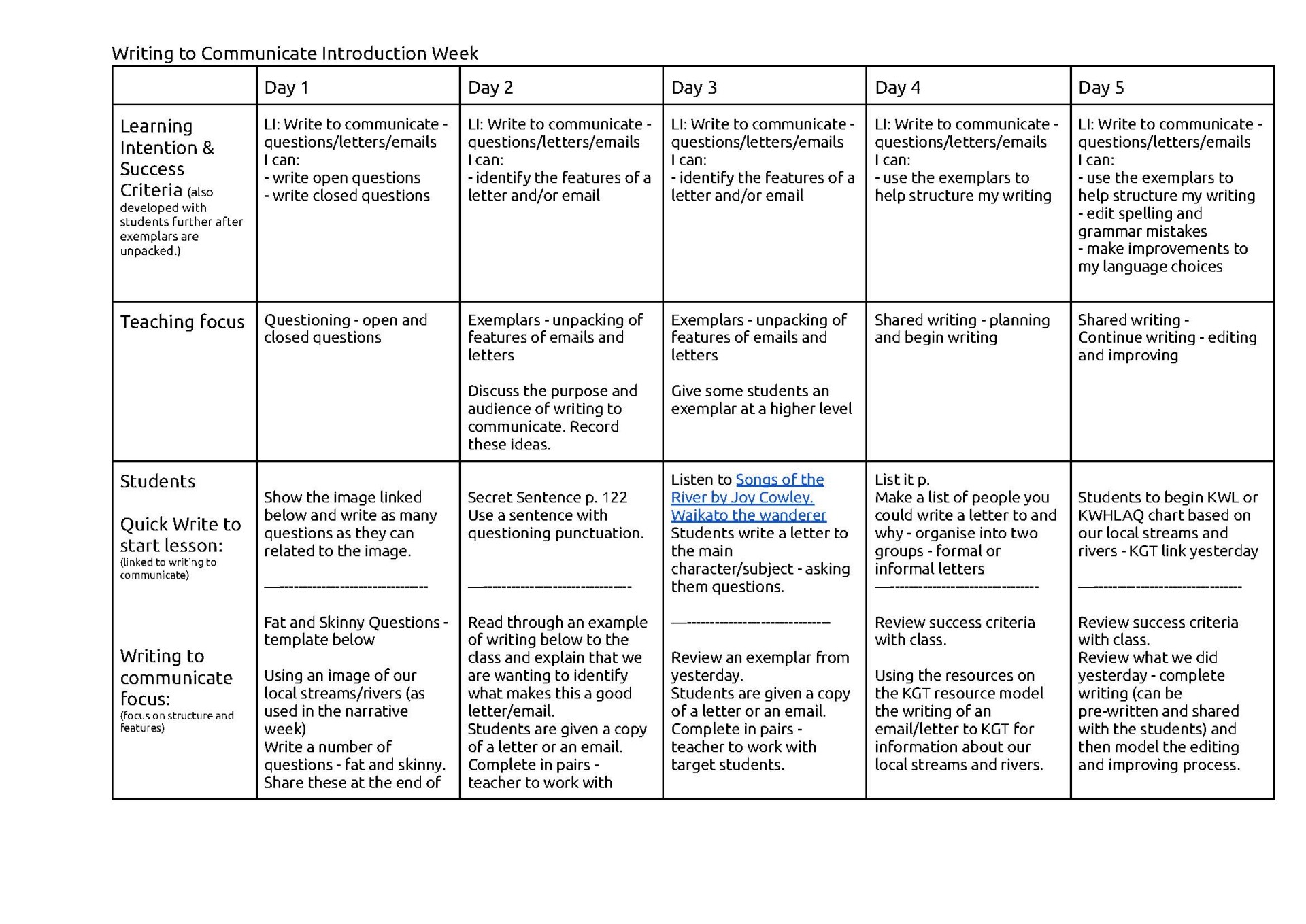
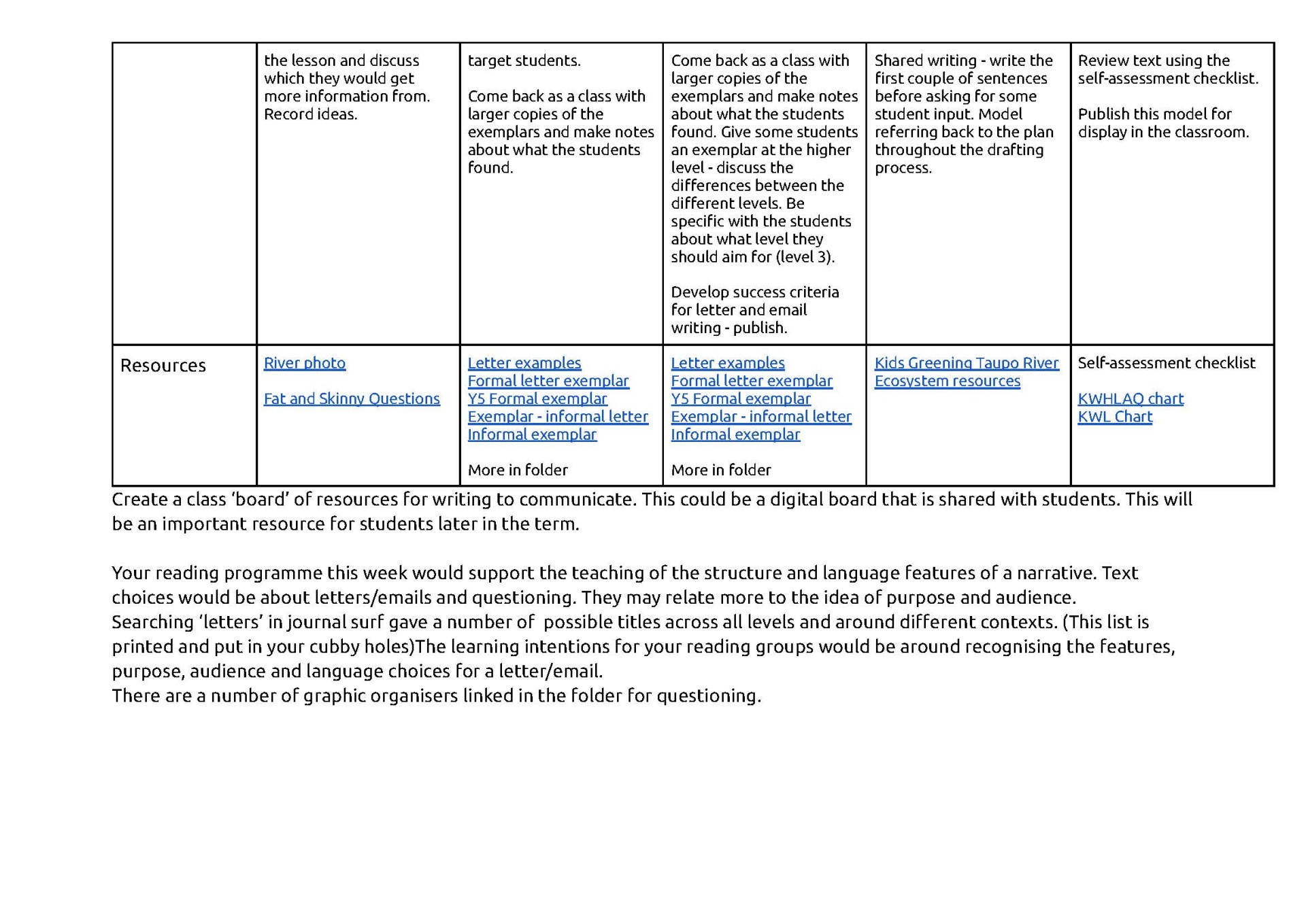
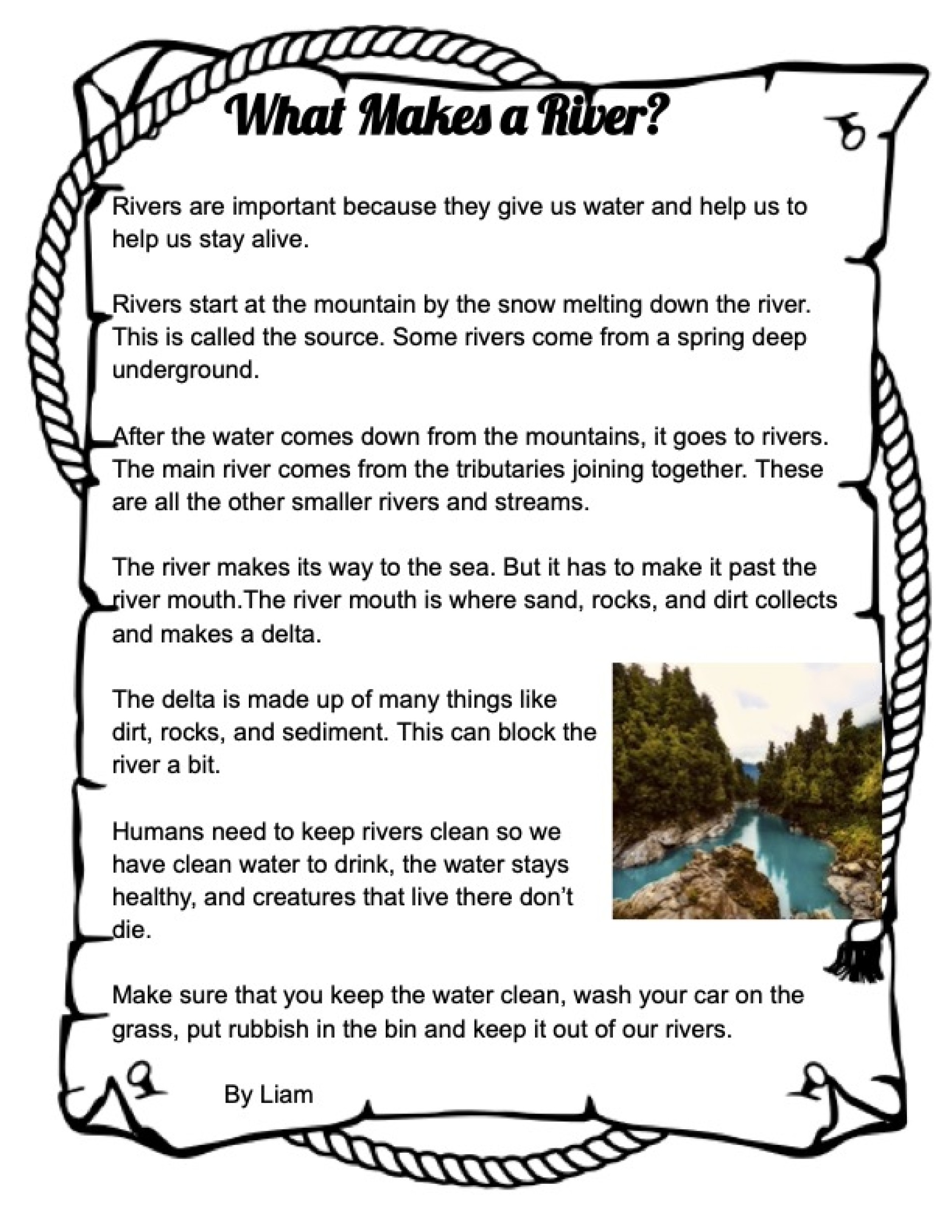
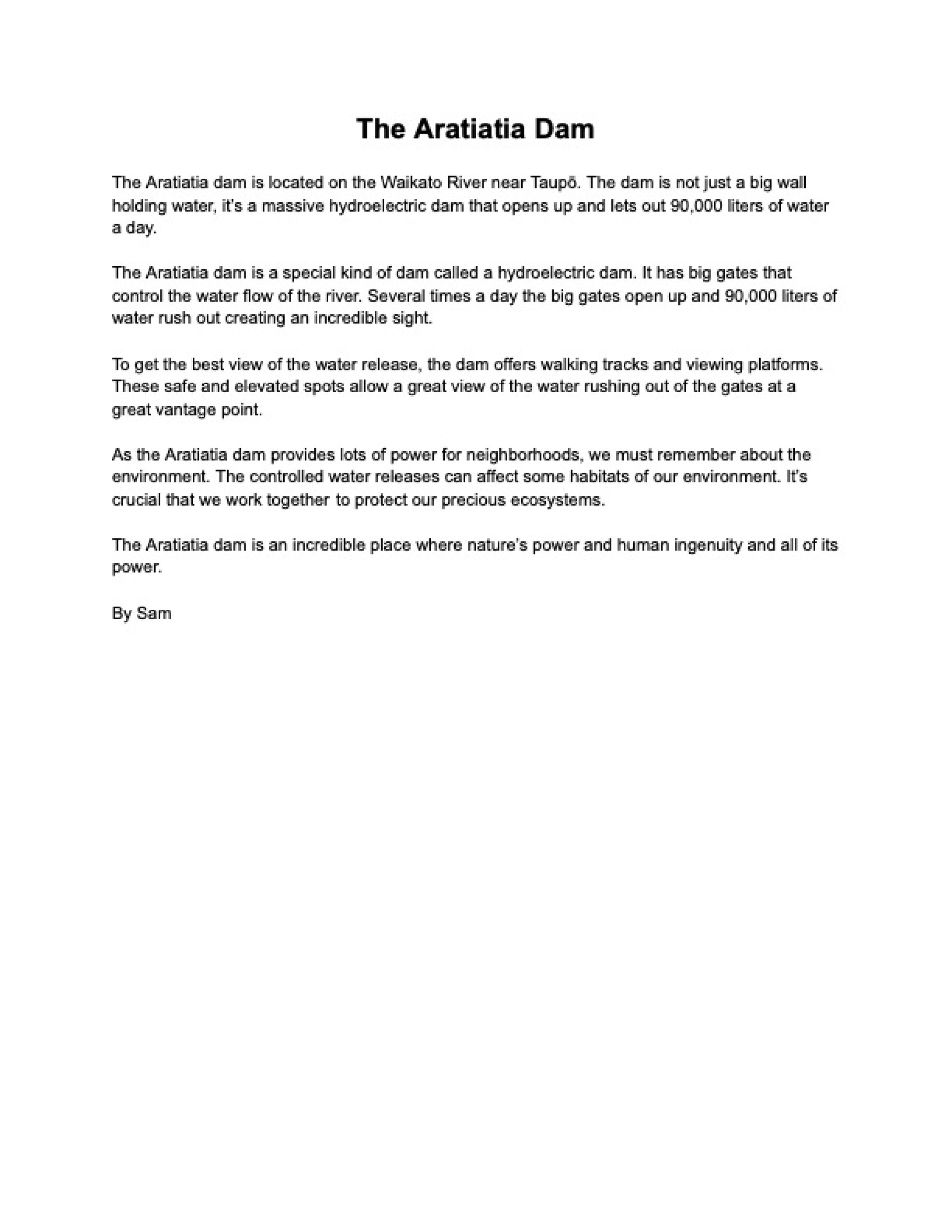
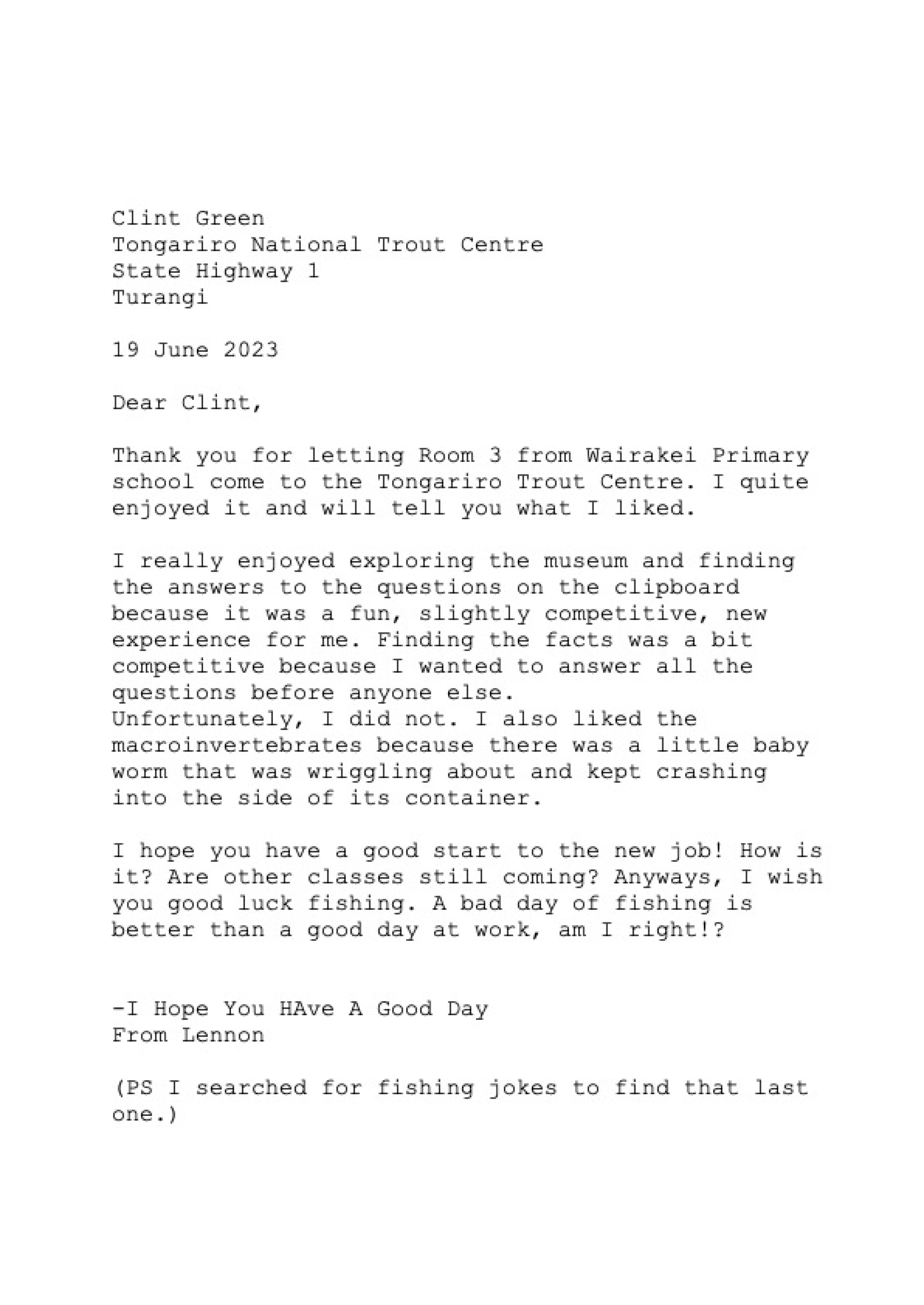
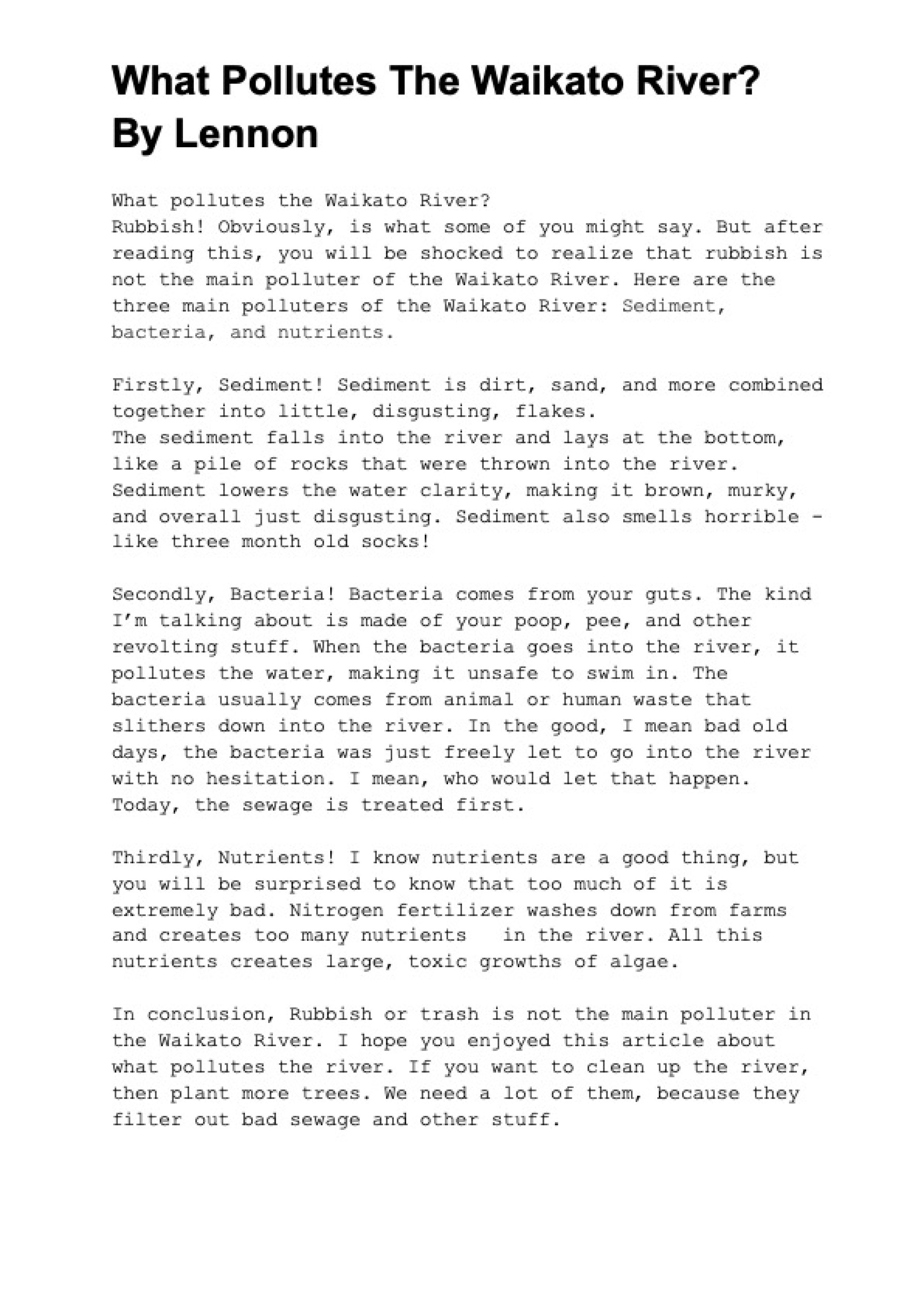
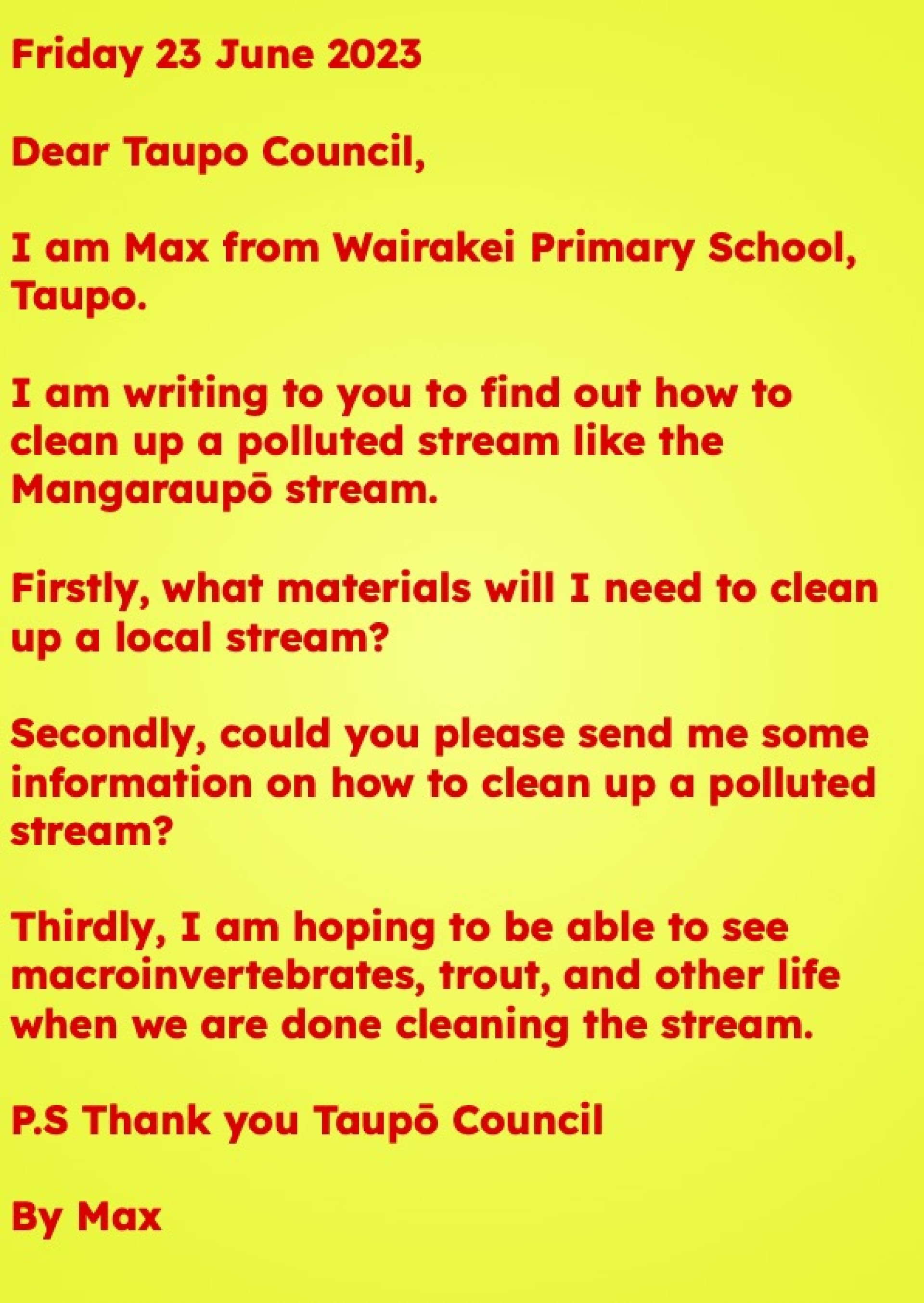
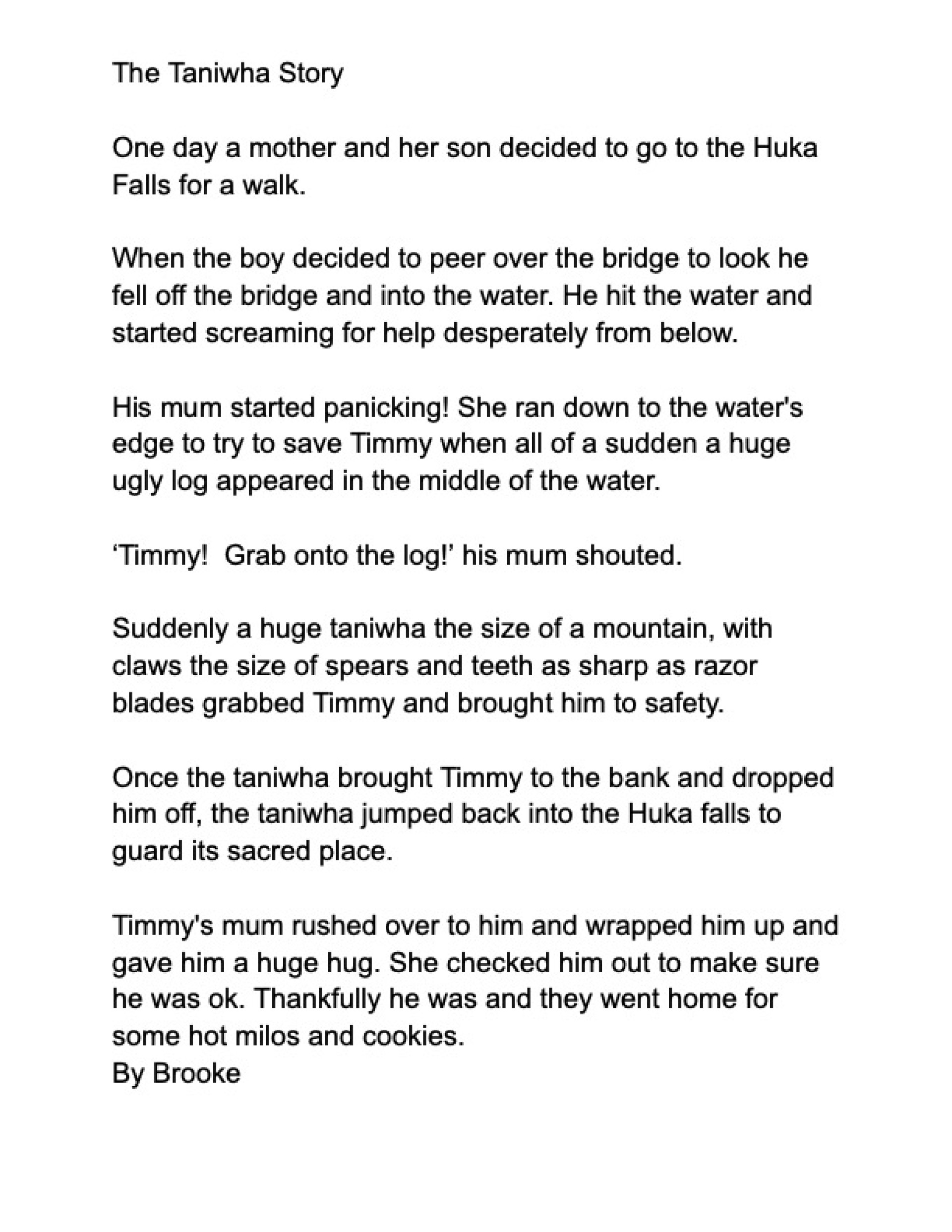
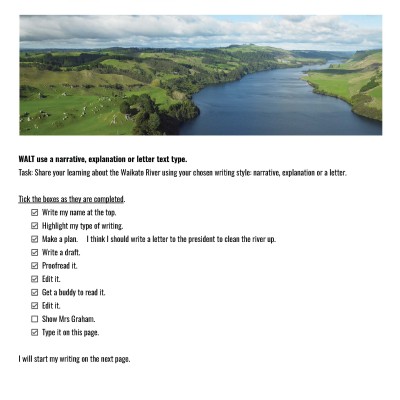
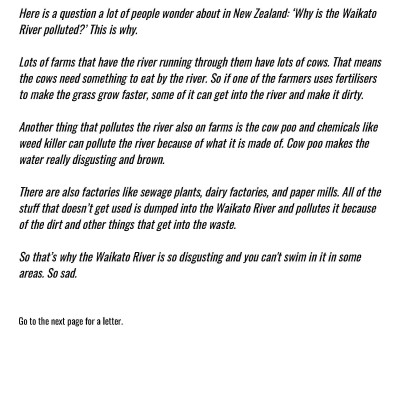
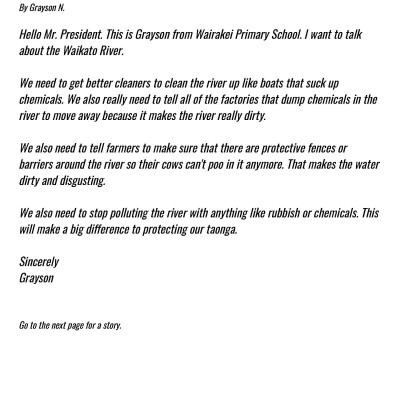
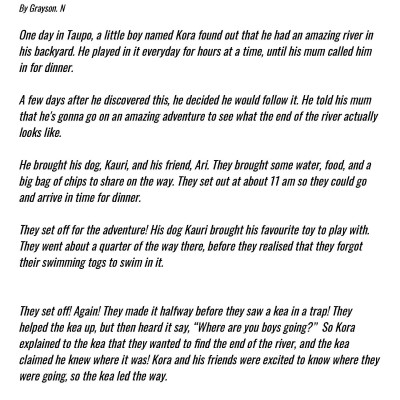
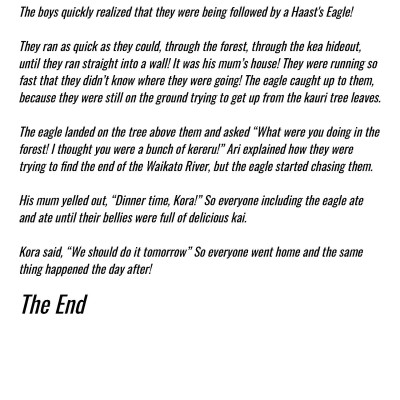
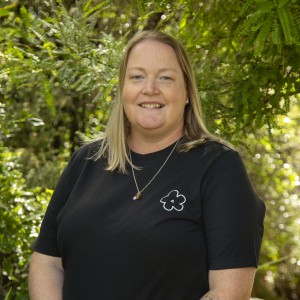

Comments are disabled for this post.